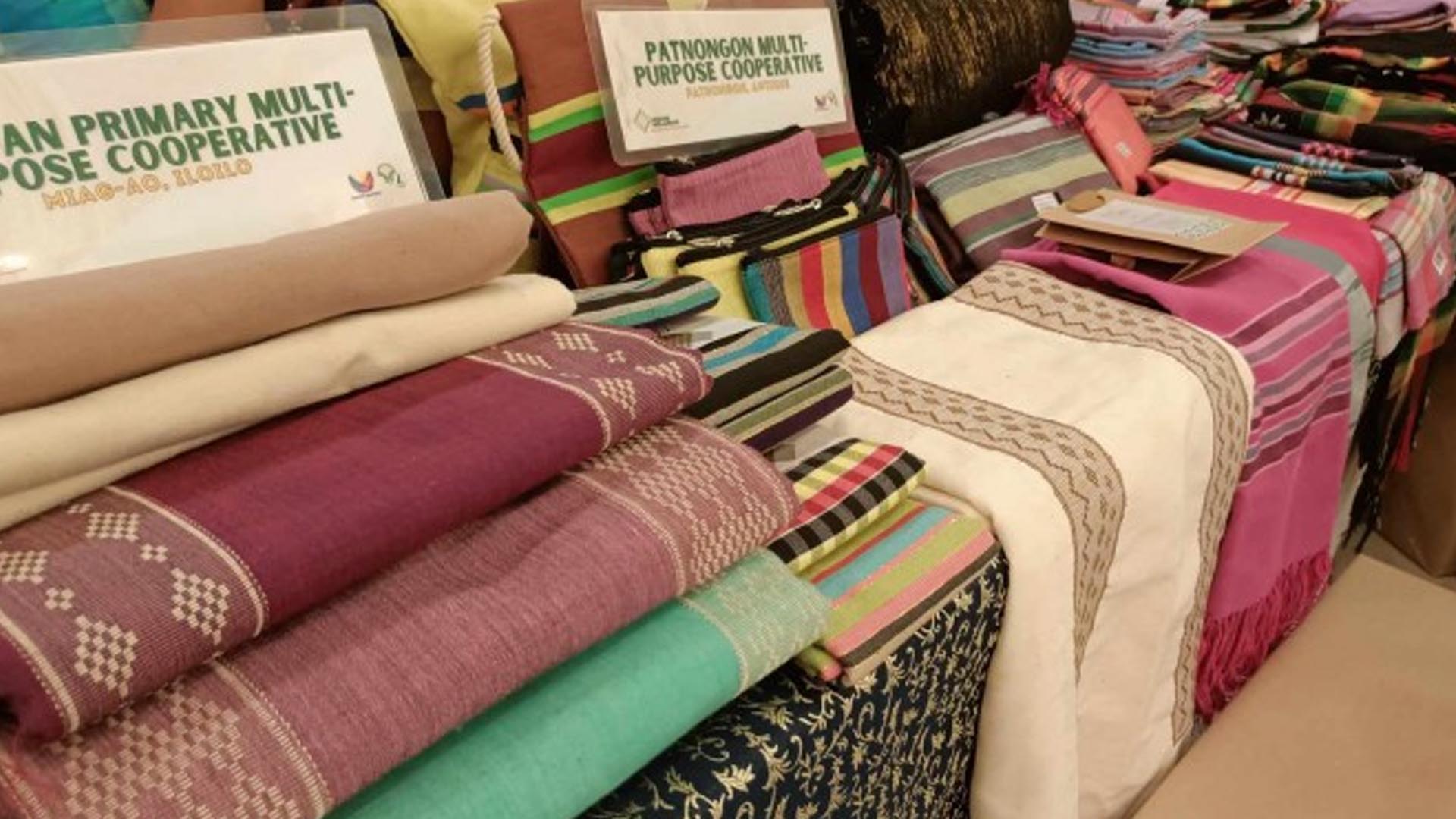Agriculture Secretary Francisco Tiu Laurel Jr. on Friday encouraged micro and small enterprises (MSEs) to maintain high-quality standards, meeting both Philippine and international criteria, to increase the export potential of fiber products and ensure acceptance in the global market.
In his message during the 2nd National Fibercrop Summit organized by the Philippine Fiber Industry Development Authority (PhilFIDA) held in Iloilo City, Tiu Laurel assured MSEs of assistance in accessing the international market once they “achieve stability and are ready for the global stage.”
“I recognize the economic contributions of fiber crops, especially abaca, pineapple, and salago, and the employment generated alongside cotton and silk. And you have my full support and commitment to enhancing and advancing these natural fibers domestically and globally,” he said in his message delivered by Assistant Secretary Genevieve Velicaria-Guevarra.
He added that the contributions of natural fibers “extend beyond economic value” as they also represent the culture and heritage of Filipinos.
“Traditional arts expressed in woven fibers reflect the unique creativity, imagination, and ingenuity of our local weavers, producing exquisite globally competitive Philippine products,” Tiu Laurel said.
In a follow-up interview, Guevarra said abaca is the Philippines’ number one export product.
She noted that the country used to supply 86.1 percent of the world’s demand for abaca fiber, but had dropped to about 63 percent.
This was due to the decline in the number of abaca farmers because of old age, while others shifted to different crops.
She said PhilFIDA is now adopting mechanization to increase production and meet the global demand.
Other than abaca, they are also expanding cultivation areas for other natural fibers, such as cotton and piña, to increase production.
“We’re teaching our farmers to improve the yield. We’re teaching them also how to increase their income. So, we are talking about the value chain and not just depend on raw (materials),” she added.
Senator Loren Legarda, in her keynote address, said the industry has huge potential in supporting the rural economy, especially MSEs.
She said that through the Magna Carta for Micro, Small and Medium Enterprises (MSMEs), she sought to ensure that smaller producers, many of whom are in the fiber industry, receive the necessary support.
“These provide MSMEs with easier access to capital, technology, and training. These enterprises fuel local economies, provide jobs, and enable our communities to uplift themselves through their work,” Legarda added.
PhilFIDA, through its Fiber Utilization and Technology, in partnership with Legarda, has launched the establishment of weaving and processing centers project, most of which are in Antique.
The one-day summit that gathered more or less 130 stakeholders aimed to promote the use of natural fibers, create market access for MSEs engaged in PhilFIDA-funded weaving and processing centers, and assist them in expanding business and market access. (PNA)









